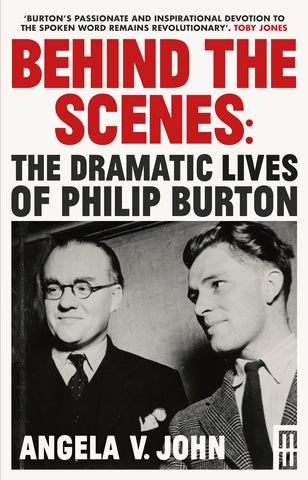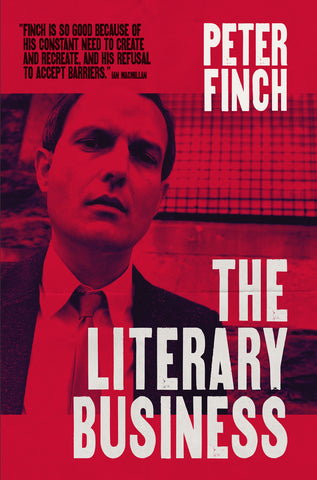The following guest post is provided by Claire Houguez, former Parthian staff, who attended the Books Without Borders Bookclub event in London.
I take the lift up to the fifteenth floor of Saint Georges Hotel. It’s apt that we’re meeting here because, as is gleefully noted by organiser Philip, a hotel of the same name is referenced in The Women Who Blow on Knots, the book we’re here to discuss. Philip is already seated at the reserved table when I arrive and he greets me with fresh coffee. We marvel at the scenic cityscape through the large windows.
Philip started the Books Without Borders Bookclub fifteen months ago – the only book club specialising in International fiction that he knows of – to bring people together to help each other discover new authors. It has two hundred members but Philip has invited a small selection who’ve expressed interest in Turkish fiction.
Begum, a Turkish translator of political reports, arrives first. She’s only been in London two weeks. She’s here to do a PhD on a rare and costly visa. Not many Turkish students study abroad and she tells me that those who do are treated with much suspicion when they return.
She hasn’t read this book but she’s familiar with Ece’s work and has plenty to share on the politics interwoven into the narrative. She tells me that people are afraid to talk politics in Turkey. We talk of the popular Turkish authors Orhan Pamuk and Elif Şafak and Begum informs us that the feeling in Turkey is that they are traitors.
Michi arrives next, an Italian who has lived in London for twenty years and a stalwart of the book club. She shares her disappointment that The Women Who Blow on Knots, the first Turkish book she’s read, didn’t give more of an introduction to Turkish culture and we discuss the delicate balance between background and story. Interpreter Ayşe appears, bubbling over with enthusiasm. She is also new to the book club and also Turkish.
She first began The Women Who Blow on Knots in its original language on a bus from Istanbul to her home town. Unfortunately, the book remained on the bus when she got off and it wasn’t until she heard about the book club that she returned to it, this time in English. She is able to attest to the delicate translation of the English edition, noting how well the nuances of colloquial speech are handled.
Austrian Krista and Indian Tasha complete the group. Tasha pulls out a notebook and a well-thumbed copy of the book. Around the table, each member is invited to share their impressions and opinions. Michi speaks first, noting that, despite the cultural distance, as she read the book she felt a great affinity with the female characters.
Her statement is met with much nodding. Everyone agrees that it is a novel foremost about female identity and it seems that it is strong-minded septuagenarian Madam Lilla who has won the hearts of the group.
Bottles of red and white wine are delivered to the table. I feel this is apt as Ece often drank a glass or two while writing the book. A hush falls as Philip calls the book’s writer Ece so that the group can ask her questions. Ece is delighted to speak with us and can’t resist the opportunity to ask a few questions of her own.
The group are keen to know more about the title. Ece laughs and tells us that everyone she knew was furious about it, especially her publisher, as they felt it was ‘unsexy’.
It was the title that first enraptured me when I was sent a sample by the Kalem Agency. I tell the group that I was so engrossed in the sample that I missed my tube stop by several stations. That was when I knew that Parthian must publish this book. Ece mentions another new book The Time of Mute Swans, coming out in the US in November, and we insist to her that she is good at titles.


Ece, who growing up associated religion with ‘old women’, tells us that she studied the Quran for a year before writing the book and that is where the title is taken from. In the Quran women blow on knots as they finish their prayers and it is interpreted that their breath may be dangerous. Ece tells us that the year she wrote the book in was extremely difficult. During that time the only thing she could believe in was the magic of her own breath.
Ece notes that Western eyes focus most on the way that Turkish men see and treat women, but what is important to her is how women see women. If women also view strong powerful women as witches that is a problem to Ece, not just in Turkey but everywhere. Ece tells us that being a Turkish female writer is ‘like having a sword fight with ghosts’.
It seems that Ece also has a place in her heart for Madam Lilla. She tells us that she talks to her in her mind when she needs help, that Madam Lilla is like a mother to her. Ece is interested in, and wants readers to explore, the way we create and adopt mothers.
All too soon it is time to end the call with Ece and to drink the dregs of the wine. Tasha has been scribbling furiously in her notebook and Philip tells me that she will be blogging about the meeting so be sure to look out for it later in the month.
Michi summarises the pleasure of the book club by musing on how she’s read books she never would have picked up in a bookshop. The group will be meeting again in November to discuss the debut of Nigerian author Ayòbámi Adébáyò and I’m very tempted to join them.



